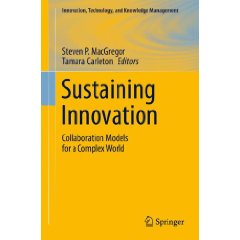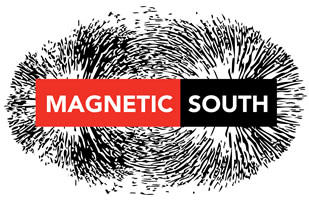In October last year the Singapore Government held it’s first ‘Foresight Week.’ I was invited to both the International Risk Assessment and Horizon Scanning Symposium, but, more interestingly, also the Foresight Conference. I make this observation about the latter event because it was organised by a team in the Prime Minister’s Office called the Centre for Strategic Futures (CSF). While the Risk Symposium was attended by a couple of hundred people from around the world, the Foresight Conference was held over three days and had an invite-only audience of about thirty.
Included in this thirty were the likes of Paul Saffo, Peter Schwartz, Jeremy Bentham, Neal Stephenson, Dave Snowden and Ian Goldin. The mix of people, backgrounds and theories in the room was extraordinary, and here’s my long overdue notes from the session (note that it was Chatham House Rules so no specific attributions are made).
The richness of the sessions made for one hell of a mind map, and looking at it now I’m only going to pull out the highlights that caught my attention:
- naturally there was lots of discussion about China: is it too big to govern, how do people participate in China, what will social technology do to the society etc. One of the more interesting points was that China has never been conquered, and it’s not out of the question to consider a war between China and the USA. Chinese entrepreneurs also came under examination: apparently 14% of startups in Silicon Valley are “Chinese Chinese” (as opposed to American Chinese. Indian startups are around 17%.
- The USA is distracted at the moment with economic difficulties and foreign wars. China is not distracted by either.
- There is the potential for a new model of international relations based on continual “co-operation – conflict – competition.” All three of these could happen at the same time but in different arenas.
- Russia apparently has the highest number if university educated 25 year-olds in the world.
- We are moving to a ‘G0’ world (as opposed to G8) where no single country or group of countries has power. More interestingly a group called the ‘I8’ – US billionaires who are big philanthropists – have a combined spend that is equivalent to the entire US Foreign Aid programme.
However the overriding theme through the three days was complexity and how it impacts the world today. The world today is not the world of 50 years ago, however the governance structures that create order in the world today were created when the world was much more stable. What do governments of the future look like in a world that screams complexity at every turn?
I don’t know the answer to that but would like to finish my notes with two quotes that resonated with me over the week in Singapore:
“Religions are like operating systems for societies”
and
“Risk is the price you pay for opportunity.”


